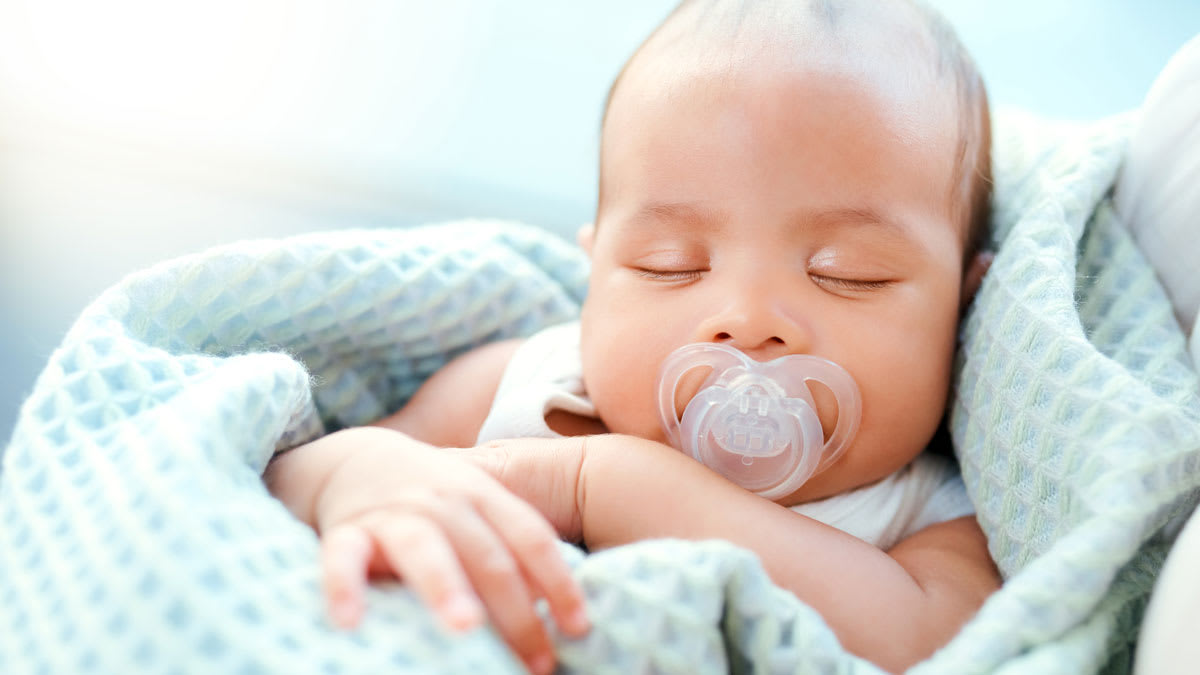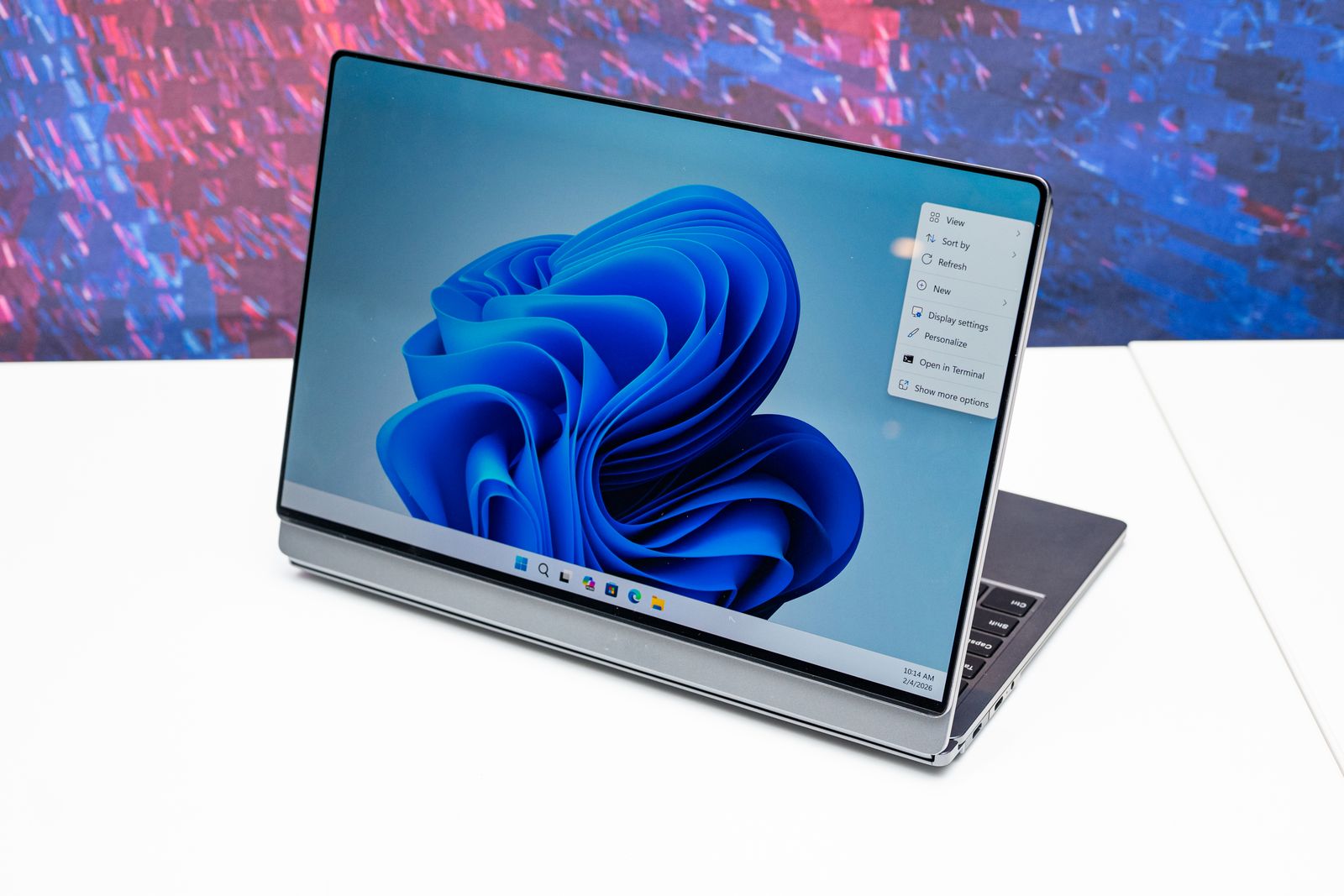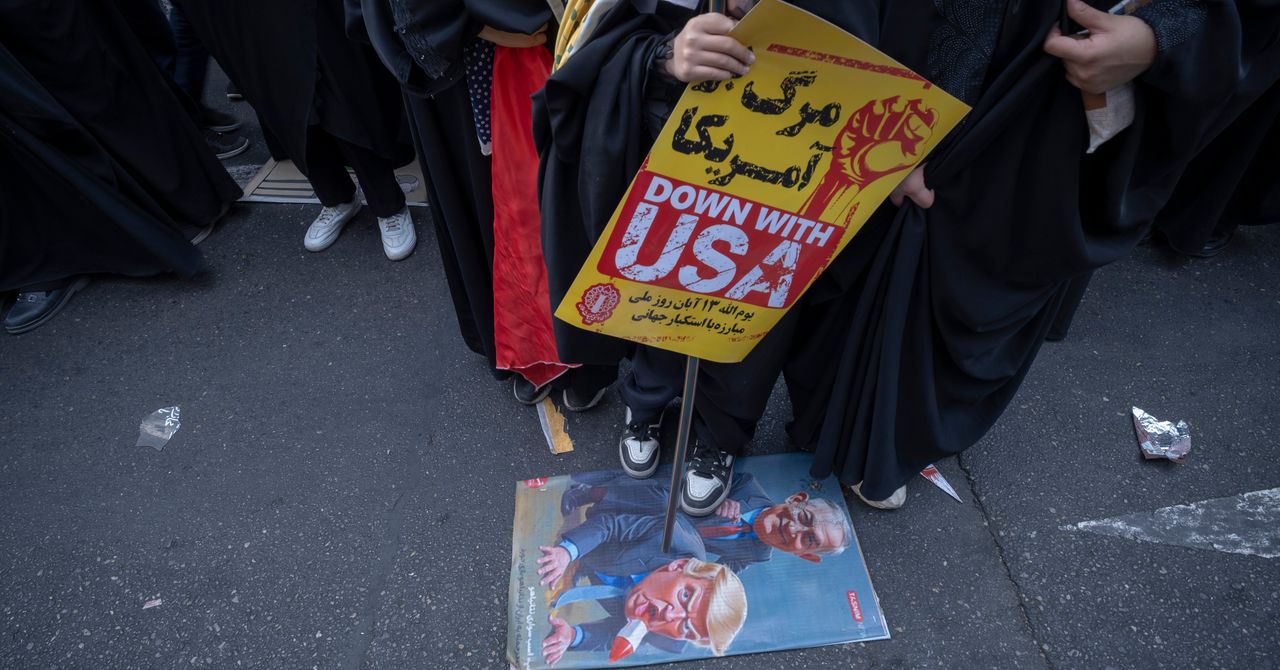
Before 2008, there was no requirement for pacifiers—or any children’s products—to be tested for safety, according to Nancy Cowles, product safety advocate and former executive director of the nonprofit Kids in Danger. “I think that consumers can trust that pacifiers sold at major retailers have been tested,” Cowles says. “It might be harder to tell on a platform with many sellers—the online marketplace may not have verified that the testing was done.”’
When shopping online (especially on sites like Amazon, Temu, Walmart, or other platforms that allow third-party sellers), Cowles recommends searching for trusted brands and checking the listing to be sure it says the product has been tested. “Statements that say a product has been tested to CPSC mandatory standards or ASTM voluntary standards are helpful guides for parents,” Cowles says. “But they should be wary of any claims that the product was certified by CPSC or ASTM, because they provide the standards but don’t certify any products.”
Another flag, Cowles warns: “If the packaging or the online listing doesn’t include this safety warning, ‘Warning—Do Not Tie Pacifier Around Child’s Neck as it Presents a Strangulation Danger,’ it may not meet the other requirements, either, which include making sure it doesn’t break apart or pose other risks.” You can report unsafe pacifiers to the CPSC on SaferProducts.gov.
CR contacted Amazon, eBay, Target, Temu, and Walmart to determine whether they check each manufacturer’s certification, known as a Children’s Product Certificate (CPC), and that each company’s products conform to federal rules before being sold on their platforms. Only Amazon and Temu responded in time for publication, and those retailers informed CR that they require a CPC for pacifiers, as well as supporting test reports that confirm compliance with all requirements.
Still, CR found that a number of unsafe pacifiers are just a few clicks away.









